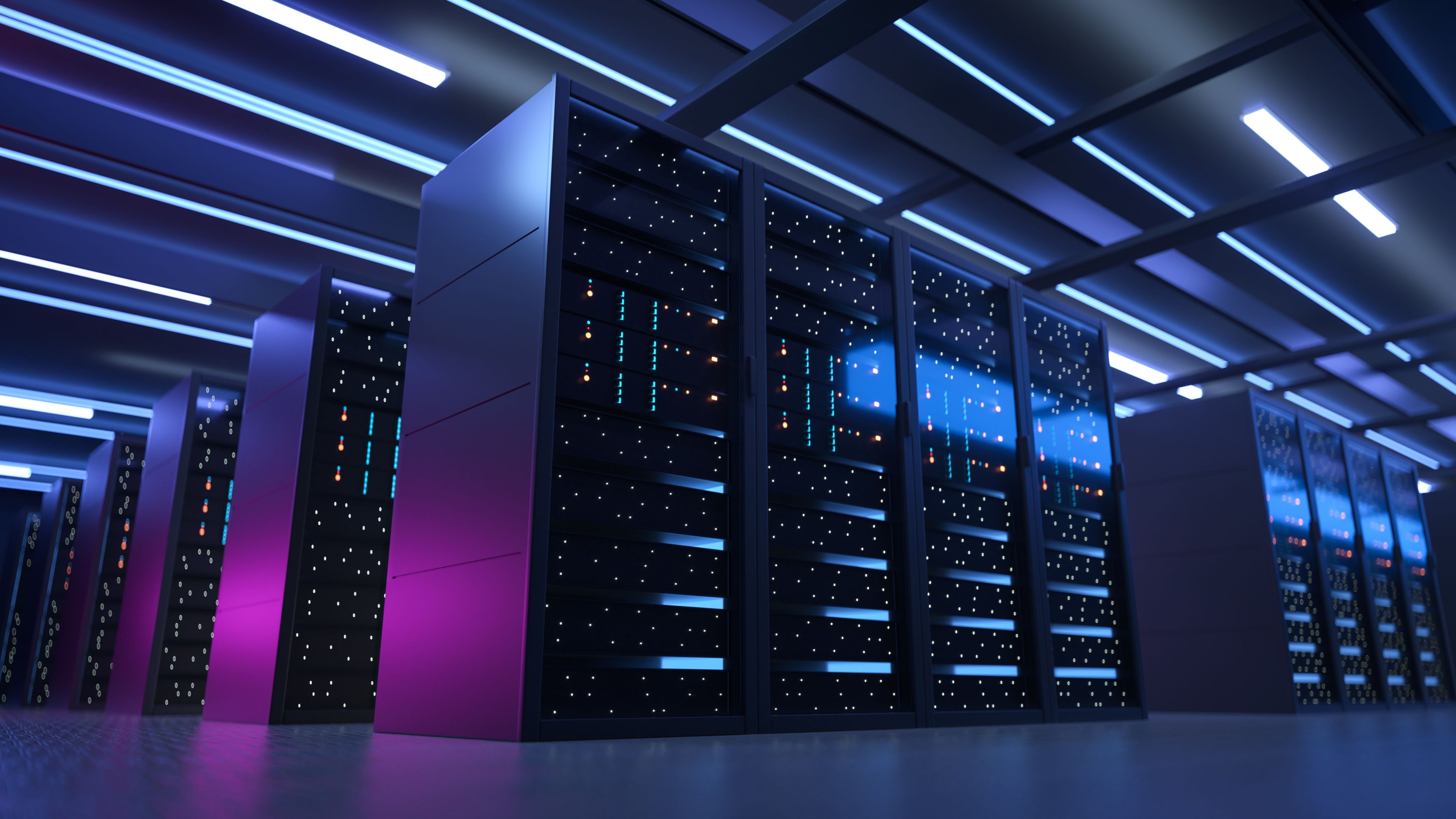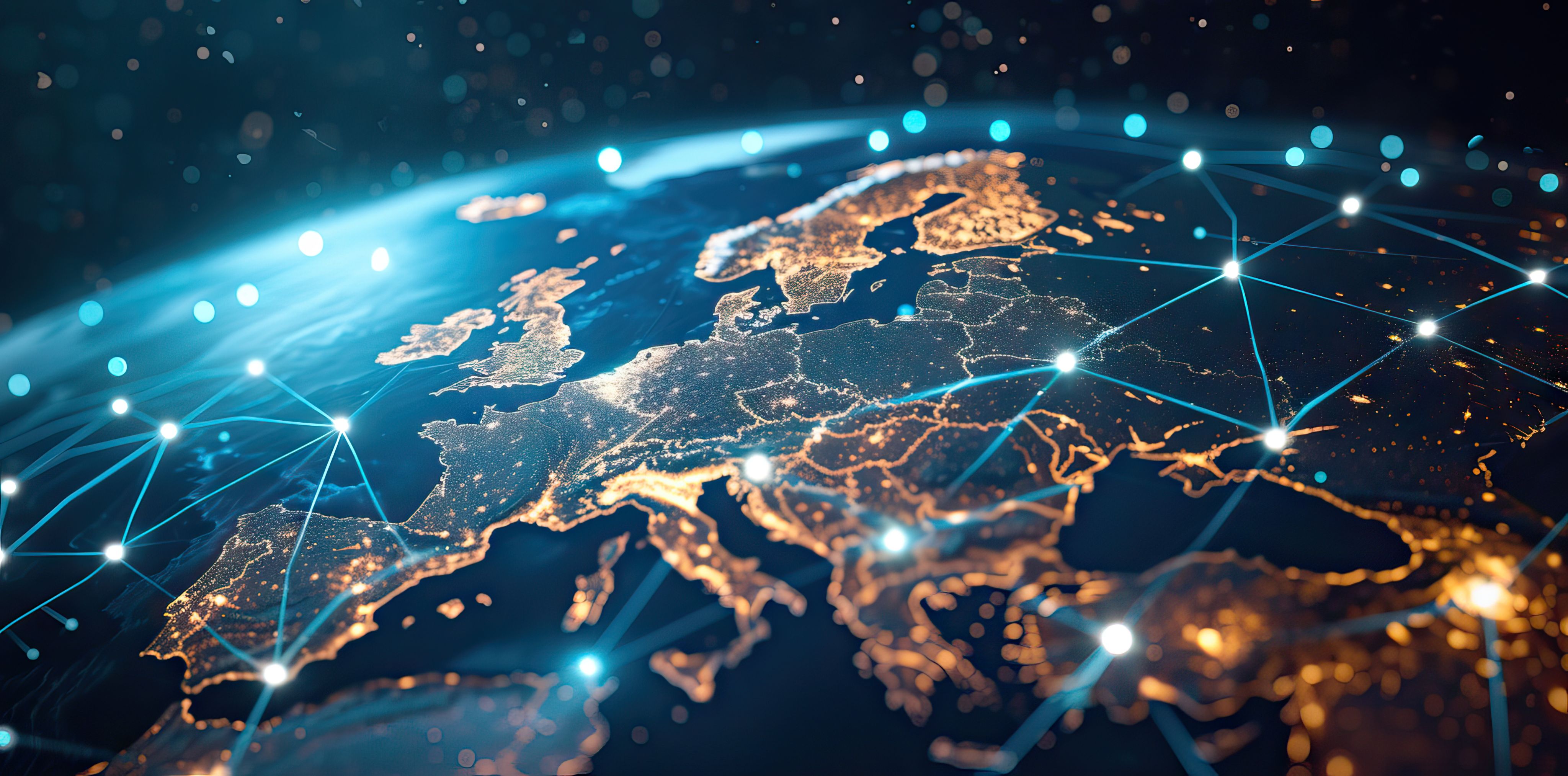South Korea's vice ICT minister talks AI with MLex
South Korea's vice ICT minister talks AI with MLex
In an exclusive interview, Second Vice Minister of Science and ICT Kang Do-hyun discusses the country's proposed comprehensive AI law, the potential need for a global governance agency, and the technical hurdles facing the technology today.
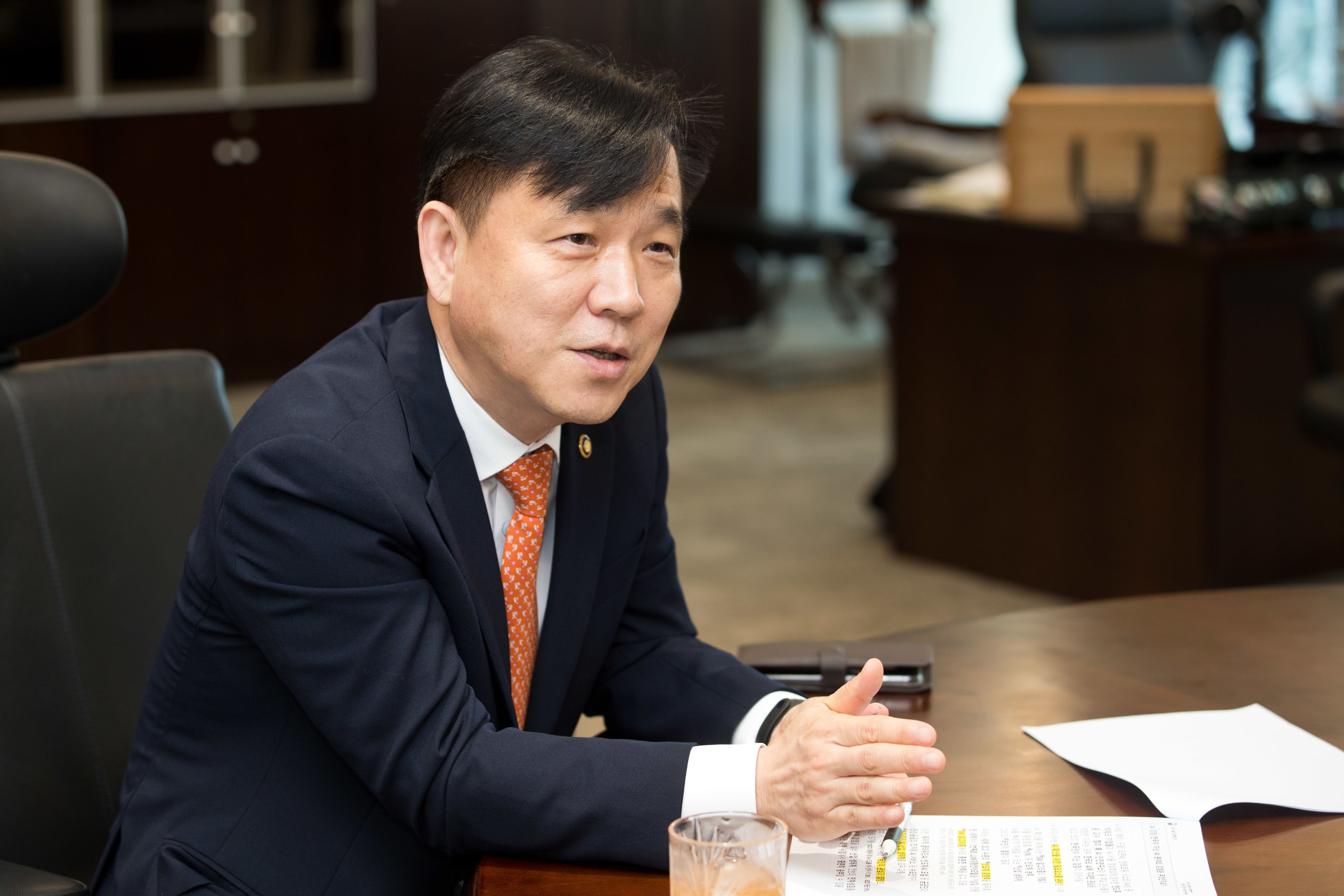
South Korea's AI law will support innovation, not impose restrictions, vice ICT minister says
16 July 2024 | 03:05 GMT
By Choonsik Yoo
South Korea’s proposed comprehensive artificial-intelligence law will help the country to capitalize on its integrated ecosystem for AI development and allow it to focus its policy on fostering innovation, a key government figure has said.
In an exclusive interview with MLex, Second Vice Minister of Science and ICT Kang Do-hyun said he hoped parliament would pass the legislation as early as possible, arguing that an established law is needed whenever the government needs to implement policy.
However, Kang repeatedly emphasized that the proposed AI law wasn’t intended to impose strict regulations on businesses, although he stopped short of saying the country’s support for industry came at the expense of managing risks and threats posed by machine-learning technology.
“This artificial intelligence law is not a law for regulation; it's basically a law for the promotion of innovative policies,” Kang said. “It contains a minimum amount of regulation, but you can’t say it’s going to introduce the kind of regulation like in the European Union — that's clear.”
South Korea’s transition from an agriculture-based, poor economy into one of the world’s most innovative economies was achieved in just two generations. The country is now home to global players in the manufacturing of advanced, AI-compatible semiconductors and the development of hyperscale AI models ready for use.
During the near one-hour interview, Kang said it was meaningless to speculate on whether South Korea’s AI governance system would be more aligned with the US model or the that of the EU. The deputy minister said the country had a balanced stance between the need to help foster research and innovation and the need to protect users and those affected by the new technology.
“It is important to create a governance system that best fits the situation in Korea in consideration of all the specific characteristics here, rather than trying to evaluate different models in other countries,” said Kang, who spent most of his 30-year career at government agencies overseeing science and information technology policies.
The EU’s AI Act, due to enter into force on Aug. 1, is distinguished by its thorough, risk-based classification and stringent requirements for high-risk applications, emphasizing the protection of fundamental rights and safety. This contrasts with the more innovation-centric, sector-specific approaches seen in the US and the state-controlled, strategic approach in China.
Other countries and regions, such as Japan and Canada, adopt mixed approaches that balance regulation with promoting AI development. These regions often follow a blend of ethical guidelines, industry standards, and specific regulations targeting critical applications.
Decentralized structure
The call for early approval of an AI law comes at a time when South Korea’s economy is in dire need of finding a new source of growth, as it has been under mounting pressure from multiple threats at the same time, including a plunging working-age population and shrinking demand from its biggest export market: China.
According to Kang, South Korea believes it’s best positioned to benefit from the AI boom because it possesses the complete lineup of manufacturers of advanced semiconductors, home-grown developers of software algorithms, diversified industries to make more use of AI technology and a population recognized for its readiness to adopt new technology.
Kang said the government’s AI governance would likely adopt a decentralized structure, in which the presidential committee makes decisions after thorough review and coordination processes, while existing agencies focus on what they have been doing — a structure similar to one adopted by the United Kingdom, although the minister didn’t refer to that model directly.
Britain has approached AI regulation with a focus on promoting innovation while ensuring safety and accountability, with the Digital Regulation Cooperation Forum, or DRCF, tasked to play a key role in coordinating regulatory responses and fostering collaboration among various regulators, although the new prime minister recently hinted at some changes.
Prime Minister Keir Starmer, who took office this month, hinted that legislation on regulating artificial intelligence could be proposed soon as part of the new government's first legislative program, saying late last week in the US that AI must be within "a regulated framework" to harness its benefits.
Opposition’s parliamentary dominance
Kang said the proposed presidential AI committee would likely be formed within this month, as promised, although it’s not certain whether the committee would hold its first full meeting within July. Earlier this year, President Yoon Suk-yeol promised to upgrade a loosely arranged body to discuss AI issues into a more formal presidential committee.
The committee is widely expected to play a critical role in the government’s AI policy as it is replacing and being upgraded from several other, mostly lower-profile consultative forums between government agencies and between public and private organizations.
Meanwhile, the government lacks the power to push for quick legislation alone through the parliament, which will remain under the near-absolute control of the opposition parties for four years after their landslide victory in the April election.
Kang also said the government aims to establish an AI safety institute by the end of this year in line with the commitment between leaders of 10 countries and the EU at their virtual meeting during the AI Seoul Summit in late May to creating a joint network of their AI safety centers and advancing the scientific research into AI safety.
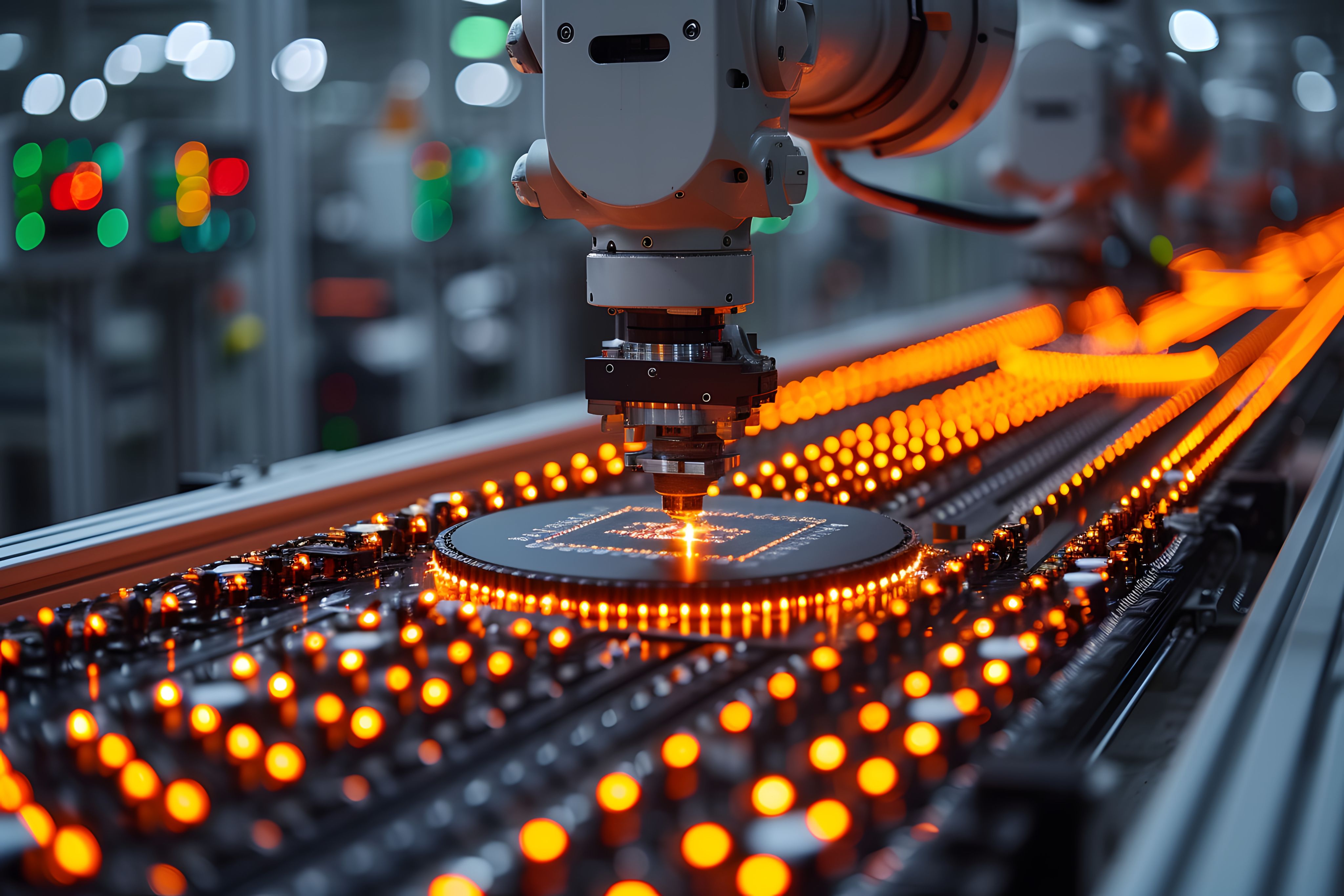
Why South Korea believes global AI agency is the ultimate goal but existing channels could still work
16 July 2024 | 03:27 GMT
By Choonsik Yoo
A new global governance organization might someday be necessary for the world to better manage the benefits and risks of artificial intelligence. But for now, South Korea believes it’s time to focus more on activating communication through multiple layers of existing global networks to find common ground, until the creation of a new agency becomes justified.
According to a key South Korean government figure, the transformation brought about by machine-learning technology is massive and far-reaching but still at a very early stage. As a result, countries need to discuss further whether a new organization is needed to assume the roles comparable to international bodies such as the Group of Seven or the United Nations.
In an exclusive interview with MLex, Second Vice Minister of Science and ICT Kang Do-hyun said that South Korea has both the experience and capabilities to play a leading role in activating such discussions within existing global networks. He referred to President Yoon Suk-yeol’s proposal in June for the creation of a new organization.
Yoon proposed the idea in his speech at the Paris Digital Forum in late June, suggesting a new organization could be set up under the UN to establish norms for digital order. This would highlight the paradox of digital technologies enhancing people's lives with convenience while simultaneously posing threats to human freedom.
While the idea is still valid as an ultimate goal, Kang said the world can make the decision when it becomes more certain about the scope of roles, benefits and threats that AI poses to humanity as a whole.
He pointed out that major countries are already engaged in active discussions through three layers of networks: groupings of countries such as the G7, Group of 20 major economies and the Organization for Economic Co-operation and Development; supranational organizations such as the UN; and subjects-specific events such as international forums.
“Our position is that we need to continue active discussion and communication between countries that are taking place now, and we will do our best to contribute to such exchanges,” Kang said. “We may reach the conclusion that we really need to create a new global agency at some point in time.”
He emphasized that South Korea is well-positioned to play a bridging role between developing and developed countries and between countries with global leaders in AI system development and those without them.
He referred to the status of South Korea, which has transformed itself into an innovative player through aggressive participation in the global internet revolution within just two generations. The country is now home to global players in the manufacturing of advanced semiconductors and the development of hyperscale AI models ready for use, he said.
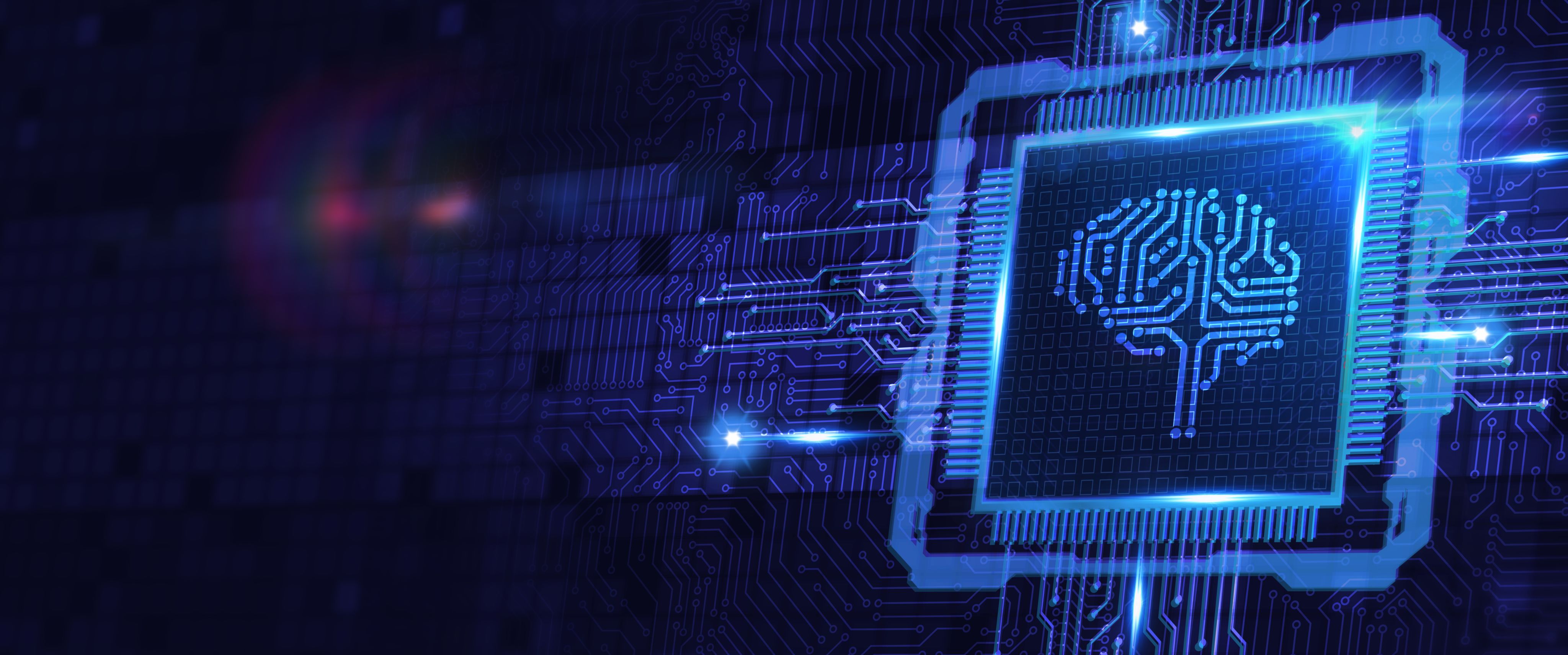
AI evolution faces key intrinsic hurdles, offering opportunities for South Korea, key official says
16 July 2024 | 06:43 GMT
By Choonsik Yoo
Artificial intelligence has already brought about massive transformations in the way companies operate and people behave in a short period. However, some intrinsic hurdles keep the technology far from sustainable while simultaneously offering opportunities for South Korean industries.
There are at least three key technical obstacles facing AI: algorithms are already too heavy to sustain their recent pace of evolution, semiconductor architecture will soon reach its limits as AI evolution continues, and the development and use of AI models require too much electricity, a key South Korean science ministry official said.
“It is very important for us to find ways to develop a new semiconductor architecture requiring less electricity, for instance, and this is what our companies are doing,” said Kang Do-hyun, Second Vice Minister of Science and ICT, during an exclusive interview with MLex. “The whole world is paying close attention to this effort.”
South Korean companies, notably memory-chip giants Samsung Electronics and SK Hynix, are making significant strides in developing memory processing units, or MPUs, which are crucial for the further evolution of AI.
By integrating memory and processing in a single unit, MPUs drastically reduce the need for data transfer between the current mainstay graphic processing units (GPUs) and memory chips, thus minimizing latency and speeding up data processing. This can also help bring down the cost of semiconductors and the electricity required to power AI models.
The massive and soaring amount of electricity that the AI industry requires to continue its evolution poses a potentially severe point of conflict globally, as the world is already widely seen as falling short of meeting its goals of fighting the climate crisis, partly due to the fast growth in energy consumption.
Kang said it is notable that South Korea is one of the few countries in the world, other than the top two economies, that has achieved some success in developing home-grown AI models designed to avoid these hurdles. He was referencing small large language models, or sLLMs, or AI models custom-tailored for specific tasks.
His ministry said Internet giants Naver Corp and Kakao Corp, electronics appliance maker LG Electronics, telecom operators SK Telecom and KT Corp have all developed their own models or are actively developing models.
For real-time access to specialist news and deep-dive analysis on AI and tech regulation across the globe, start your free trial of MLex today.
